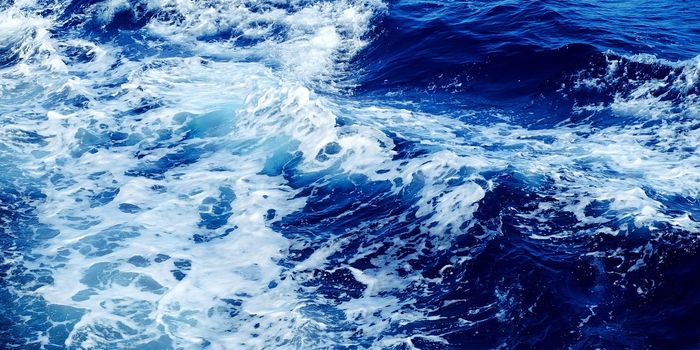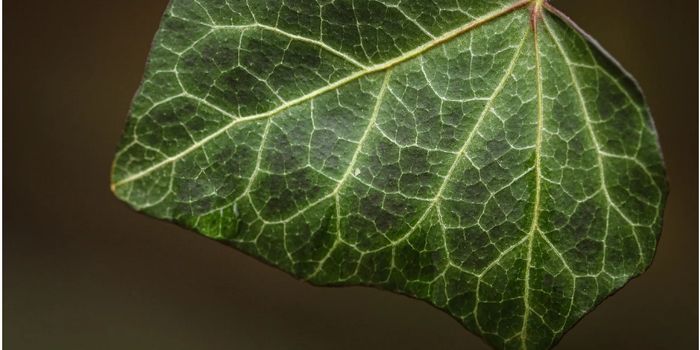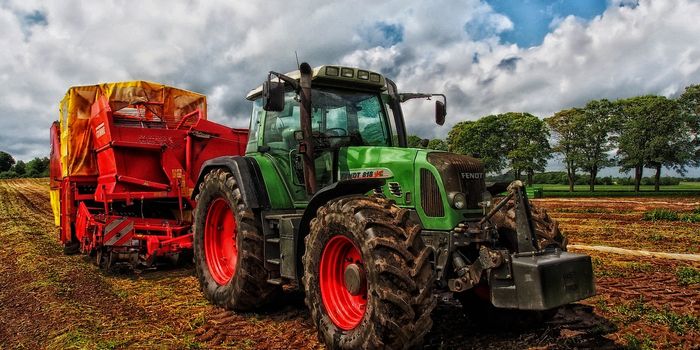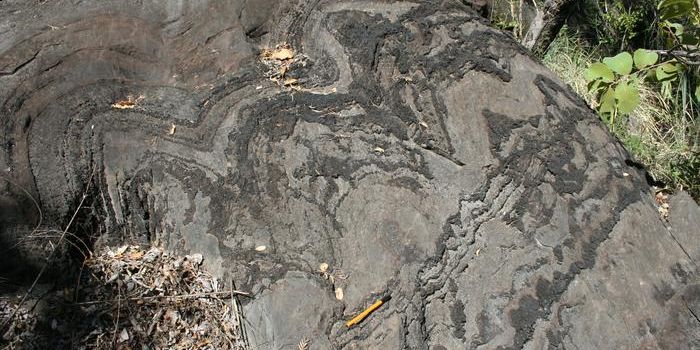Deceased Whale in Philippines Had 88 Pounds of Plastic in its Stomach
It’s an unfortunate reality that the Earth’s vast oceans are littered with human-made trash and debris, much of which is comprised of plastic. Many plastics resist the elements and don’t biodegrade as quickly as other, more environmentally-friendly materials would. Consequently, plastic pollution damages the marine environment and threatens the multitude of animals that inhabit it.
If you don’t believe us, then just ask the opinion of a deceased Cuvier’s beaked whale that washed up this week in the Philippines. You’d be hard-pressed to get an answer out of the lifeless 1,100-pound animal, but a necropsy that transpired after the carcass was recovered provided all sorts of clues into the animal’s untimely demise; the findings were tear-jerking.
Image Credit: D' Bone Collector Museum/Facebook
Upon getting a closer look at the deceased whale’s stomach contents, scientists purportedly happened upon more than 88 pounds’ worth of plastic junk hiding inside. More specifically, they discovered 16 rice sacks, four banana plantation-style bags, and heaps of standard plastic shopping bags. A more detailed breakdown of what was discovered is expected to surface shortly.
In a statement shared to Facebook over the weekend by the D’ Bone Collector Museum, we learn that this was the largest allotment of plastic that the scientists had ever found in a dead whale. Perhaps more alarmingly, some of that plastic was heavily-compacted into dense collections, signifying that it had been lingering inside the whale for quite some time.
Note: The video below is graphic. Viewer discretion is advised:
This isn’t the first time that whales have washed up dead with plastic in their bellies, and it won’t be the last. Several whale carcasses with plastic-filled stomachs were recovered just last year alone, and whales aren’t the only marine animals battling with unintentional plastic ingestion – so too are sea turtles and birds, among many others.
Related: Many sea birds mistake bits of plastic for food
Despite how unforgiving plastic bags and other items of similar construction are for the environment, they continue to be manufactured in full-swing and are widely used around the globe for a variety of purposes. Retail outlets are perhaps one of the most prevalent uses of plastic bags, but where they end up after leaving the storefront is entirely our responsibility.
Sadly, it seems like this is only the beginning of plastic-related tragedies, and it may never stop until standard plastic bags are replaced with something more environmentally friendly and every ounce of plastic is removed from the world’s oceans. Regardless, these are two feats that will be challenging to accomplish.
Source: D’ Bone Collector Museum (Facebook), BBC, New York Times









